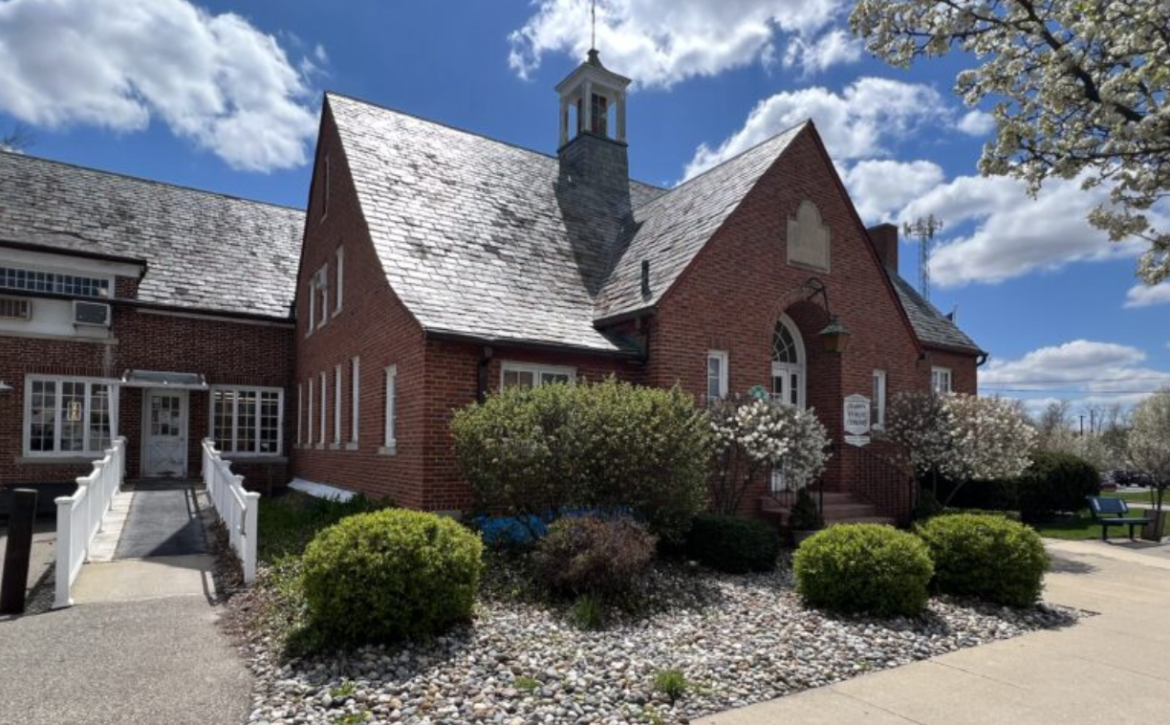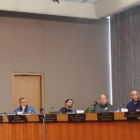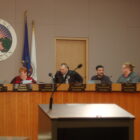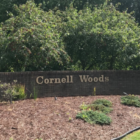Construction & Development
Walled Lake City Council honors the late Casey J. Ambrose
|
Amazing, humbling and exciting are the three words Casey J. Ambrose’s son and Walled Lake City Councilmen, Casey R. Ambrose used to describe his feelings after the council decided on naming the campus after his late father.
“That’s the same way it felt when I was asked to join the council,” said Ambrose. “It was just super humbling to know what this property could be and how far it’s already come.”
Members of the Walled Lake City Council felt that it was only right for the city’s public safety campus, which is located at 1499 E. West Maple Road to be named after the man who helped rejuvenate it: The late Casey J. Ambrose. After Mayor Linda S. Ackley proposed the resolution to name the city’s public safety campus the Casey J. Ambrose Public Safety Campus at Tuesday’s city council meeting, it did not take long for the council to unanimously agree to pass the resolution. Following a prior councils’ decision to purchase the property that is now known as the public safety campus years ago, the city learned the land had contamination issues and could not develop anything on the property with that contamination not taken care of.
Spearheading this issue was Casey J. Ambrose.
Ambrose, along with the city council at the time and current City Manager Dennis Whitt instilled plans to clean the property and get money for it through forfeiture funds that has put the city in a position to redevelop the piece of land.
Ackley, who has served on Walled Lake City Council since 1979, and was elected as mayor in November 2013, has had a firsthand experience of how much the late Ambrose impacted the city and community of Walled Lake. “When Casey backed a project, believed in a project, you knew it,” said Ackley.







